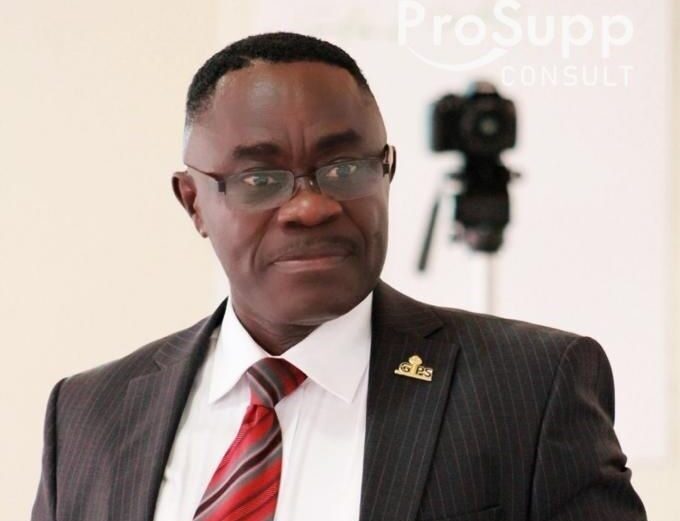A renowned procurement consultant, Collins Agyemang Sarpong, has advised corporate and public institutions to embrace prudent and value-based measures in their disposal of unusable, obsolete, surplus and redundant assets in accordance with laid down procedures.
“Procurement entities must dispose of assets that have become unserviceable in a manner that is efficient, consistent, equitable and seeks to achieve value for money. That is one way of freeing up capital that has been locked up on those items in the stores within their business operations,” he said at a webinar organised by ProSupp Consult for stores and inventory officers on the theme ‘The Disposal of Assets, Equipment and Vehicles as per the Public Procurement Act 663, as amended 914’.
According to Mr. Sarpong, government spends between 18-to-25 percent of the country’s gross domestic product (GDP) on the procurement of goods, services and works to assist in the effective delivery of services to the citizenry; however, a significant portion of such assets are disposed of when they become obsolete, surplus, unserviceable and redundant.
Cumulatively, Ghana’s public sector has spent about US$74.37bn of the nation’s GDP on goods, works and services for the period spanning 2019 to 2022. Procurement of goods took a significant portion with US$44.622bn while works and services accounted for US$22.311bn and US$7.437bn respectively, the renowned consultant stated.
The astute procurement consultant indicated that a significant amount of money could be retrieved on these assets if businesses adopted the right measures and skills during the disposal processes.
Mr. Sarpong, therefore, recommended that procurement officers, especially those in stores, inventory and warehousing, must strive to achieve the best net return on investment, appropriately handle items that would require special consideration in their disposal and ensure that disposal procedures are undertaken in a fair, transparent and accountable manner.
On the issue of stores, inventory and warehouse officers being sidelined by organisations in the decision-making process, he advised people in the profession to continuously develop themselves with modern contemporary skills to command the needed respect and recognition that would allow them to become more efficient and productive.
“As procurement and supply professionals, we need to rebrand ourselves as stores people and also dress to fit the work with the right attires and tools to command the needed respect in the organisation you represent,” he noted.
The one-day webinar was a curtain-raiser to ProSupp Consult’s upcoming training on contemporary stores and inventory management, scheduled for February 28 to March 1, at the Coconut Grove Regency Hotel in Accra.










